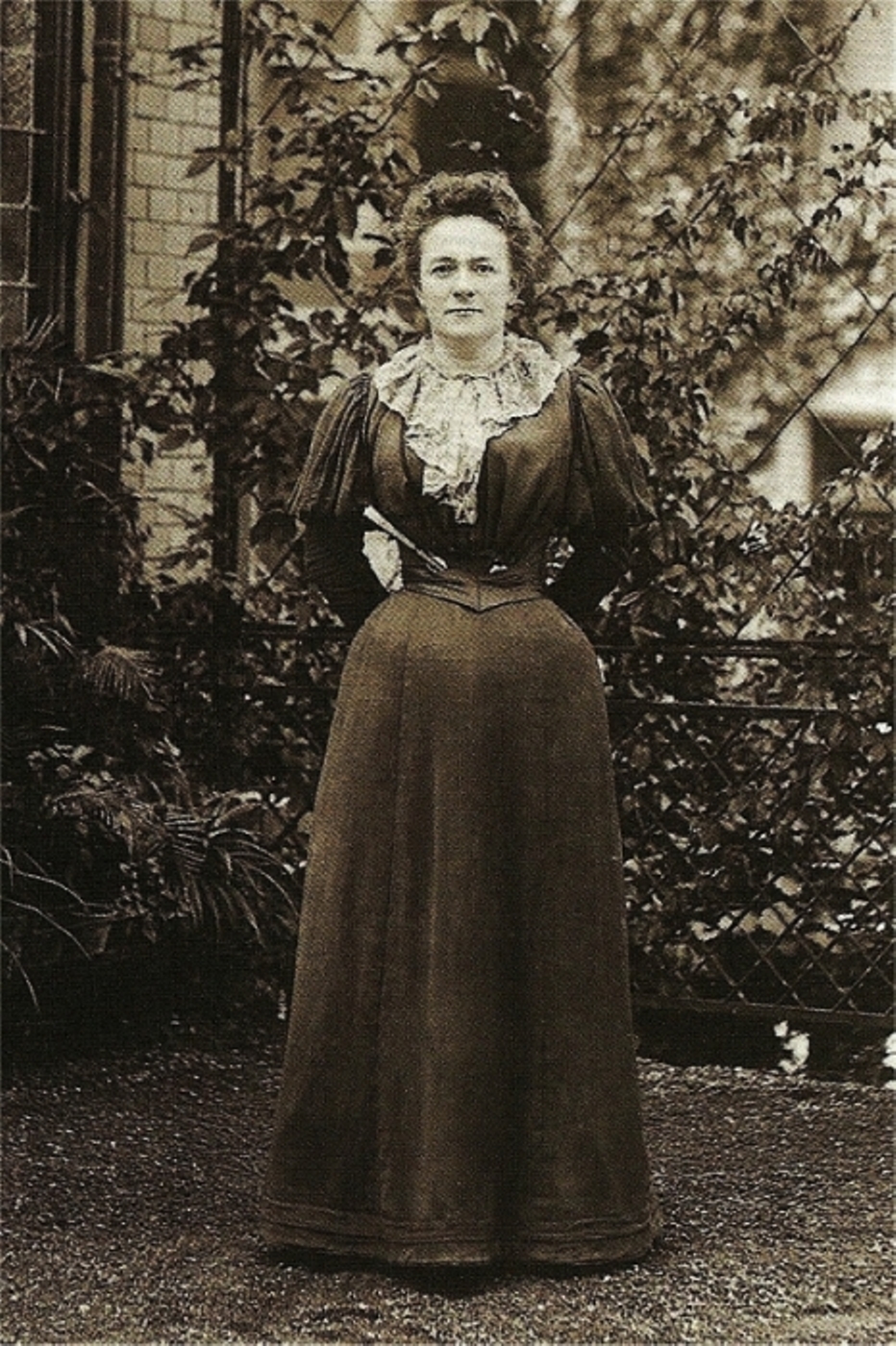|
Gleichheit
''Die Gleichheit'' (Equality) was a Social Democratic bimonthly magazine issued by the women's proletarian movement in Germany from 1890 to 1923. For many years it was the official organ of the international women's socialist movement. Foundation ''Die Gleichheit'' had appeared in early 1890 as ''Die Arbeiterin'' (The emaleWorker), a successor to the short-lived '' Die Staatsbürgerin'' (The Citizeness) founded by Gertrud Guillaume-Schack and banned in June 1886. ''Die Arbeiterin'' was published by the Social Democrat Emma Ihrer in Velten for more than a year from 1890–91 with little success. In January 1892, with the magazine facing financial ruin, editorial direction was placed in the hands of Clara Zetkin (1857–1933) by Heinrich Dietz, the magazine's Social democrat-backing publisher. Zetkin renamed the paper ''Die Gleichheit'' when she took over. History Zetkin edited ''Gleichheit'' until 1917. At the First International Conference of Socialist Women in Stuttgart, 1907 it ... [...More Info...] [...Related Items...] OR: [Wikipedia] [Google] [Baidu] |
Clara Zetkin
Clara Zetkin (; ; ''née'' Eißner ; 5 July 1857 – 20 June 1933) was a German Marxist theorist, communist activist, and advocate for women's rights. Until 1917, she was active in the Social Democratic Party of Germany. She then joined the Independent Social Democratic Party of Germany (USPD) and its far-left wing, the Spartacist League. This later became the Communist Party of Germany (KPD), which she represented in the Reichstag during the Weimar Republic from 1920 to 1933. Biography Background and education Clara Josephine Eißner (Eissner) was born the eldest of three children in , a peasant village in Saxony, now part of the municipality Königshain-Wiederau. Her father, Gottfried Eissner, was a schoolmaster, church organist and a devout Protestant, while her mother, Josephine Vitale, had French roots, came from a middle-class family from Leipzig and was highly educated. In 1872, her family moved to Leipzig, where she was educated at the Leipzig Teachers’ Co ... [...More Info...] [...Related Items...] OR: [Wikipedia] [Google] [Baidu] |
Emma Ihrer
Emma Ihrer (3 January 1857 – 8 January 1911) was a German feminist and trade unionist who was active in founding societies to defend the rights of women workers. Background Emma Ihrer was born at a time when women were disenfranchised, and under the reactionary Prussian Association law of 1850 were forbidden participation in political associations. The authorities could define "political" as they chose. In October 1878 the first of the Anti-Socialist Laws arbitrarily deprived members of the Social Democratic Party and those associated with it of the right of association. It was not until the Association Act of 15 May 1908 that women were allowed to take part in political activities and organizations. Working women faced opposition from working men, who saw them as unwelcome competition, as well as from the authoritarian state which denied them basic civil rights. Early years Emma Rother was born on 3 January 1857 in Glatz, Lower Silesia, the daughter of a shoemaker. She was ... [...More Info...] [...Related Items...] OR: [Wikipedia] [Google] [Baidu] |
Die Staatsbürgerin
''Die Staatsbürgerin'' (''The Citizeness'') was a short-lived journal for German working women's associations published for six months in 1886, the first workers' journal in Germany. It was closed by the censors after printing 24 issues. History ''Die Staatsbürgerin'' was published by Gertrud Guillaume-Schack. It was the first journal published for German workers. It was edited by Hartwig Gebhardt and Ulla Wischermann. The first issue appeared on 3 January 1886, with a statement of purpose on the front page. The title banner declared that ''Die Staatsbürgerin'' was the "Organ for the interests of workers". It was published in Offenbach am Main in Hesse. The journal was published for just six months before it was banned by the censor in June 1886. The reason given was "incitement to class hatred". Guillaume-Schack left Hesse and avoided further prosecution by emigrating to London. Her political ally Johanna Friederike Wecker was spared this fate. Remaining copies were pulped. A ... [...More Info...] [...Related Items...] OR: [Wikipedia] [Google] [Baidu] |
International Socialist Women%27s Conferences
During the period of the Second International several International Socialist Women's Conferences were held by the representatives of the women organizations of the affiliated Socialist parties. The first two were held in conjunction with the main International Congresses of the Second International, while the third was held in Berne in 1915. The Conferences were notable for popularizing International Women's Day and were forerunners of groups like the Socialist International Women and the Women's International Democratic Federation. Stuttgart 1907 The impetus for the first International Conference of Socialist Women came from a congress of German women in 1906, which suggested that a conference of Socialist women should be held in conjunction with the following year's International Socialist Congress at Stuttgart. On August 17, 1907 58 delegates from 15 countries met at the Liederhalle in Stuttgart. Representatives were present from the Social Democratic Women of Germany, th ... [...More Info...] [...Related Items...] OR: [Wikipedia] [Google] [Baidu] |
Clara Bohm-Schuch
Clara Bohm-Schuch (5 December 1879 – 6 May 1936) (surname sometimes written simply Schuch and first name sometimes Klara) was a German politician of the Social Democratic Party of Germany, Social Democratic Party. Life and career Clara Bohn was born in Stechow-Ferchesar, Stechow, Havelland. After attending the village school in Stechow, she graduated from a commercial school in Berlin. She then worked as a typist and secretary, later as head secretary and finally, until her marriage to Willy Schuch, as a business correspondent, in 1906. Active as a writer in the AWO (Workers' Welfare Association), she wrote poems and essays and spoke at conferences and meetings. One of her special concerns was the fight against the high infant mortality in Germany; She called for the establishment of maternity counselling centers. She participated in committees for the protection of children and, together with Emil Wutzky, made possible the opening of the first Berlin home for working youth. ... [...More Info...] [...Related Items...] OR: [Wikipedia] [Google] [Baidu] |


